|
The Gulf of Guinea on Africa’s west coast has been called "the world's most dangerous seas". This particularly affects the maritime activities of the countries that share the coastline, which include Togo, Benin, Nigeria, Cameroon and Equatorial Guinea. Dirk Siebels explains why the problems at sea can't be viewed as separate from those on land. Governments must deal with these before piracy can be brought under control.
Today is World Cancer Day, an opportunity to raise awareness about a disease that kills nearly 10 million people every year. In Africa, Kenya, Zimbabwe and South Africa have the largest number of new cases. In Kenya, cases have risen by 30% in the past eight years. Gershim Asiki sets out what's driven those numbers. In previously published articles Chris Ifediora explores Nigeria’s use of school
awareness programmes while Vikash Sewram takes aim at the high cost of cancer treatment and medication.
|
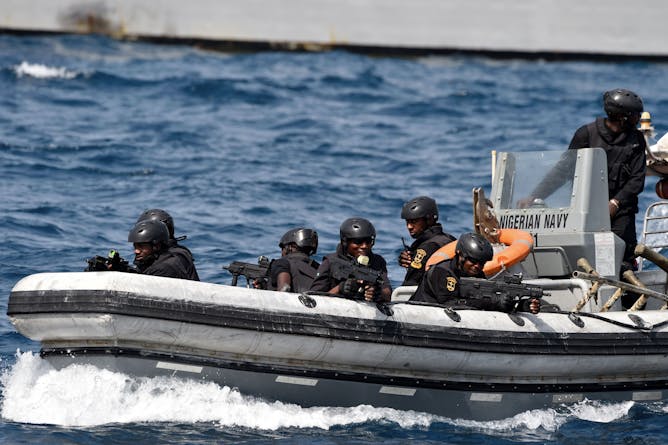
Photo: Pius Utomi Ekpei/AFP via Getty Images
Dirk Siebels, University of Greenwich
Navies, and other security agencies, won't be able to improve maritime security as long as root causes on land are not addressed.
|
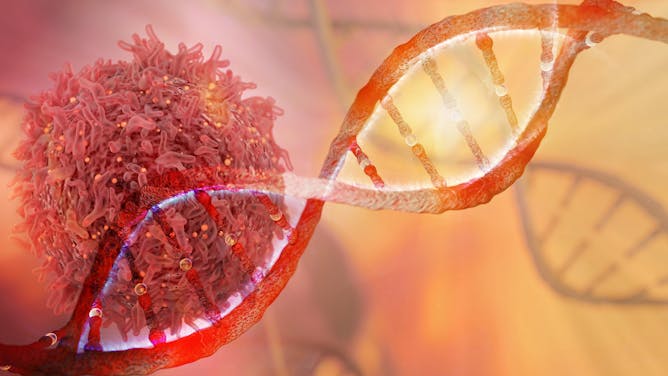
Cancer cases are on the rise in many parts of the continent.
CI concept/Shutterstock
Gershim Asiki, African Population and Health Research Center
The rapid rise in cancer cases can be attributed to major societal and environmental changes that have occurred in the past few decades.
|
World Cancer Day
|
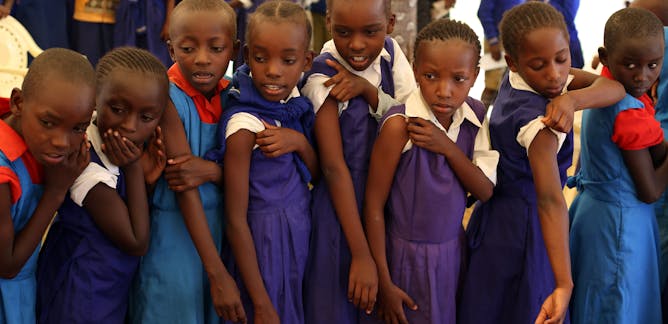
Chris Ifediora, Griffith University
Empowering young women with information in high school can help ensure that certain cancers are caught early.
| |

Vikash Sewram, Stellenbosch University
The global cancer burden especially in developing countries is exacerbated by the high cost of treatment.
|
|
|
Health + Medicine
|

Laura Rossouw, University of the Witwatersrand
The number of users is likely to grow and there are health risks, so now is the time to act.
| |

Folasade Ogunsola, University of Lagos
Nigeria has to plug the gaps at points of entry to keep infectious diseases at bay.
|
|
|
From our international editions
|

Yehudah Mirsky, Brandeis University
Long in the making, the US administration's Middle East plan was quickly rejected by Palestinian leaders. It was hardly surprising, as they took no part in its drafting.
| |
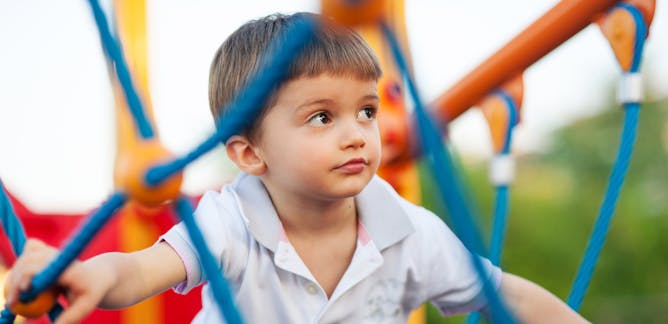
Belinda Cuomo, Curtin University; Annette Joosten, Australian Catholic University; Sharmila Vaz, Curtin University
It's easy to worry if your child doesn't seem to be developing as quickly as their playmates. But trust your 'niggles' and watch out for 'aha' moments. Our research shows they're often right.
|

Chengwei Liu, Warwick Business School, University of Warwick
Ignore business books which promise to reveal the secret formula of success – usually it's down to luck.
| |
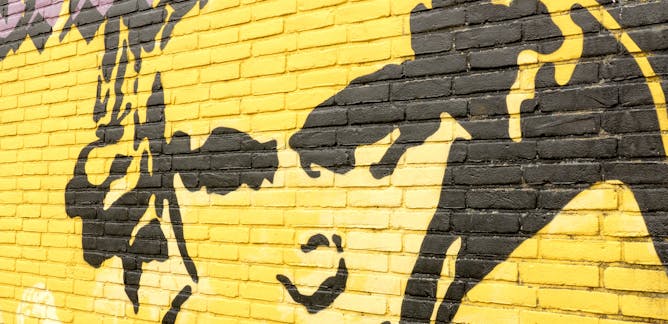
Peter McCallum, University of Sydney
Beethoven's compositions combine power, rhythm and deeply felt meaning - and they did not come easily. The composer was ahead of his time, and he knew it, even then.
|
|
|